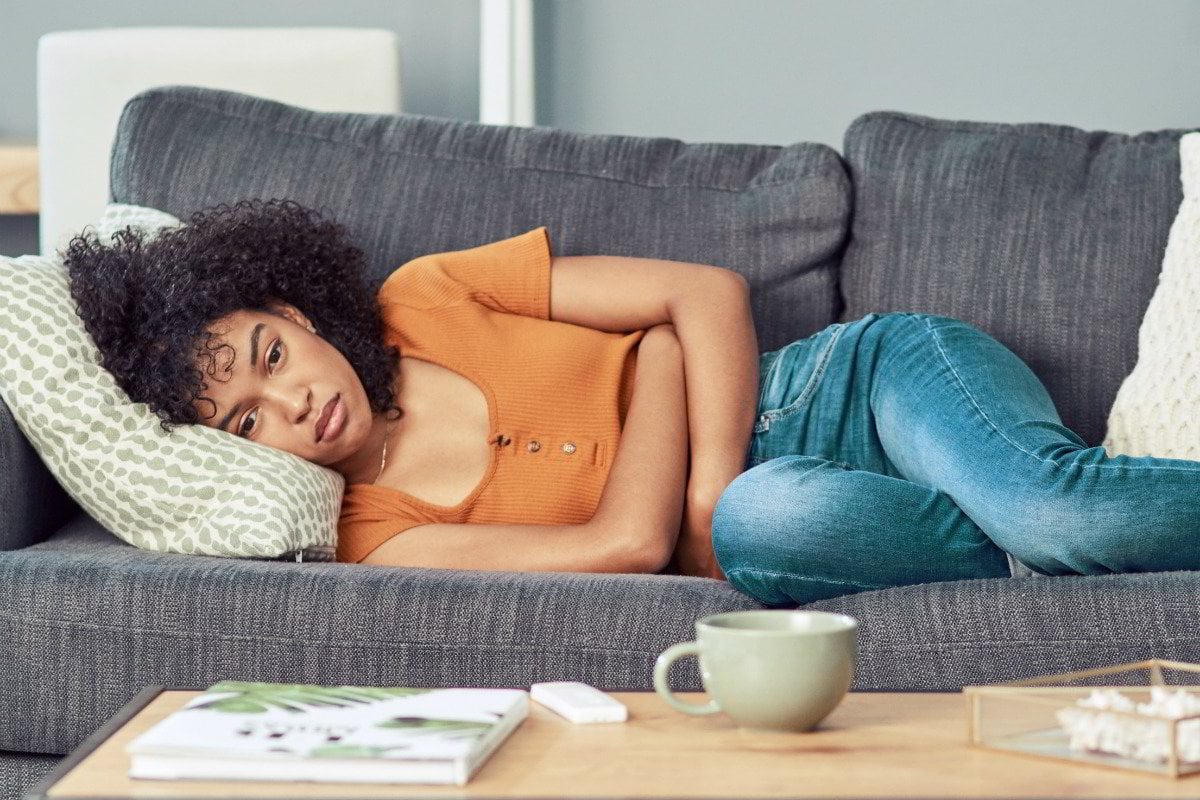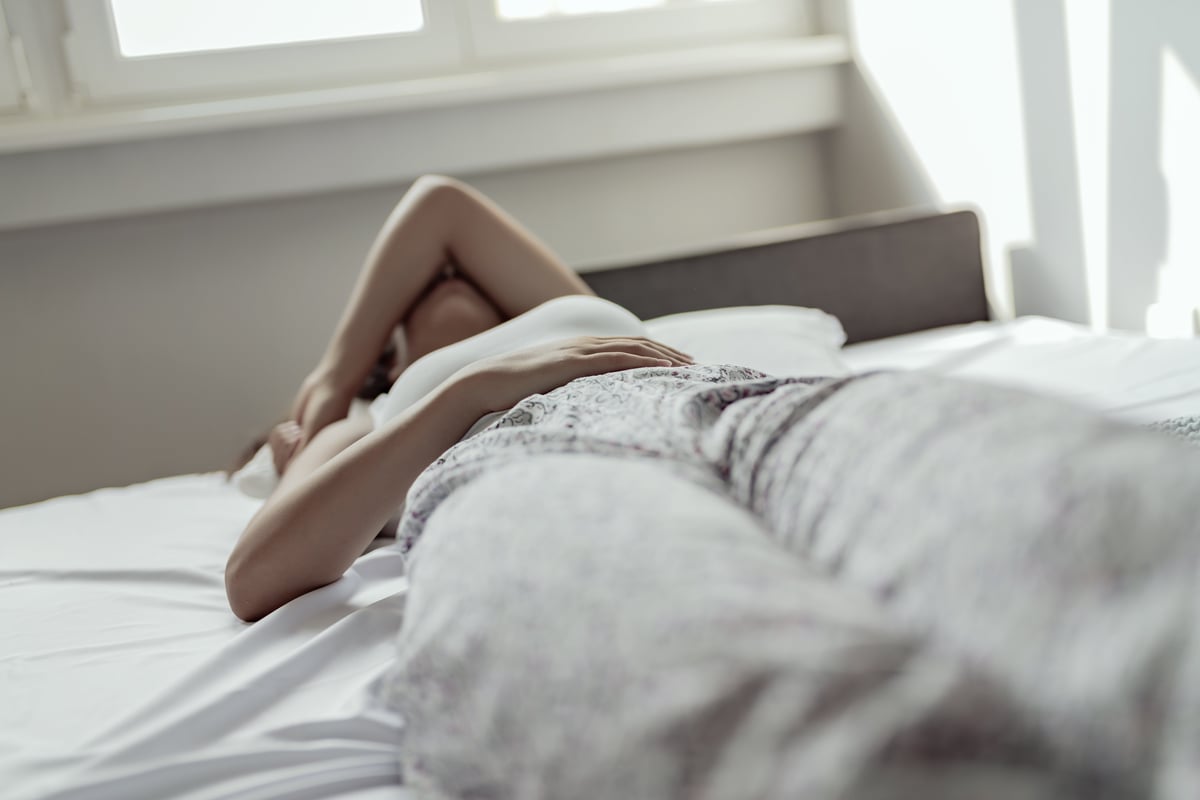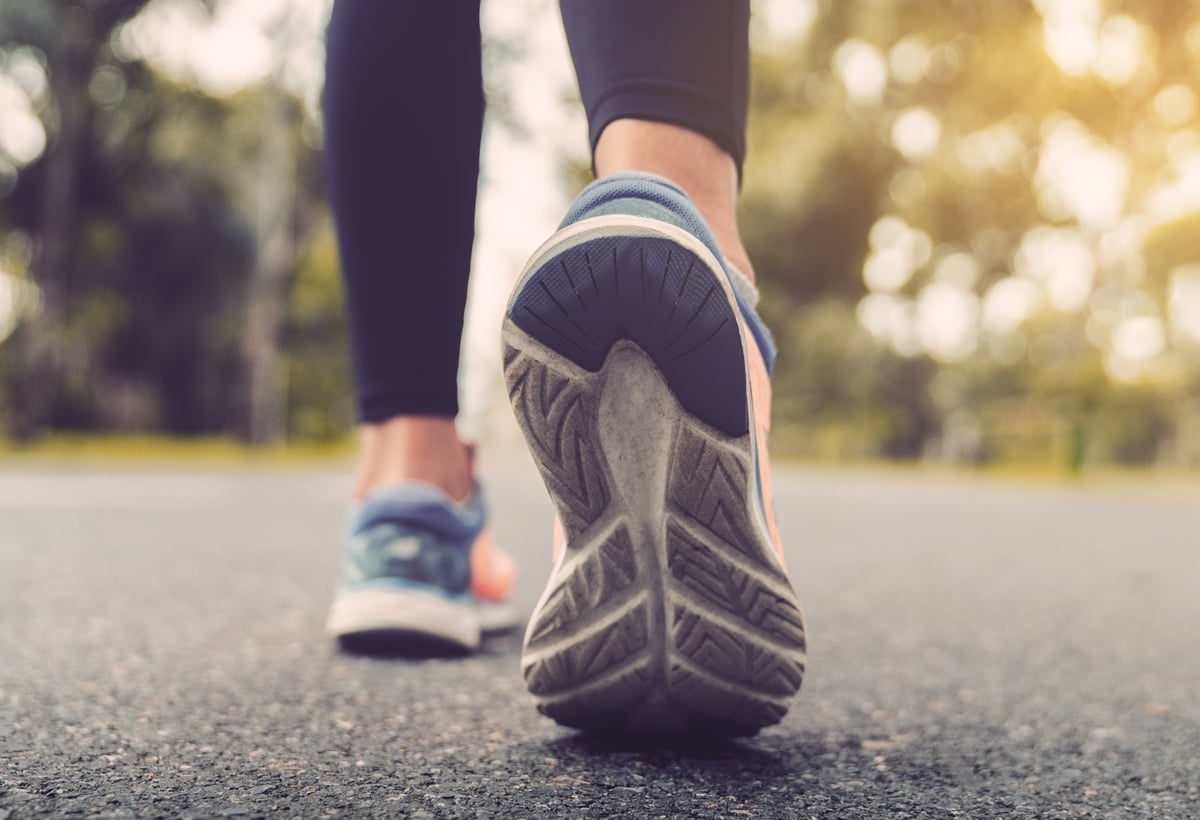
'Period pain' is a phrase we're used to hearing regarding a woman's menstrual cycle.
There are countless products, vitamins, and pain relief inventions cashing in on this very phenomenon.
While some women might experience a dull ache at the start of their period that quickly subsides after a round of painkillers, others describe it as the worst pain imaginable.
"The pain itself is so intense and it changes sometimes. So you get everything from the aching and dragging feeling inside your vagina that feels like you've got ten bricks tied to you. You get the pain inside your ovaries. Or you might feel like you've got 10 people inside of you all with dull knives and they're shoving them in and twisting them around and around and around. It's so intense and makes you not want to be here anymore. You wonder how you can live through it," radio host Kristel Dally explained to Mamamia's news podcast The Quicky.
LISTEN: Is period pain ever normal? Post continues after podcast.
But no matter how much or how little pain you get during that time of the month, we've got news for you: none of it is normal.
One in five women experience pelvic pain here in Australia. That's a high number. It's very common.
But according to Dr Jane Chalmers, a senior lecturer in pain sciences at the University of South Australia, "pelvic pain is really anything from the level of our belly button to the level of our inner thighs, and none of it is normal."



Top Comments